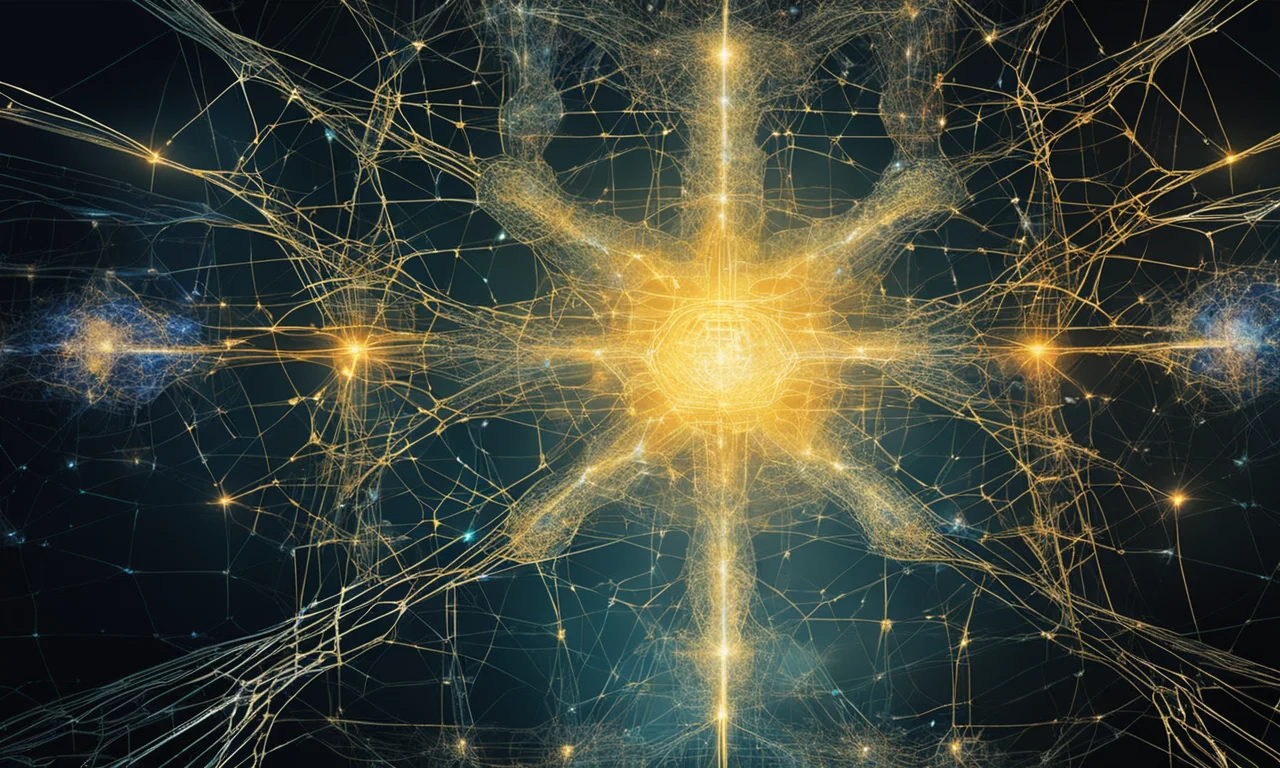
AI Infrastructure Demands Surge as Ethics and Authenticity Concerns Rise
The rapid expansion of AI capabilities is prompting investments comparable to ten nuclear reactors while debates over watermarking and potential biases intensify.
AI discussions on Bluesky today reveal a landscape where technological advances, ethical debates, and societal impacts are colliding in real time. From the halls of Cambridge to global infrastructure deals and nuanced cultural concerns, the platform's most engaged posts chart a map of how artificial intelligence is remaking industries, reshaping creative work, and challenging foundational values. The conversation is marked by optimism, skepticism, and a strong drive for transparency and accountability.
Transforming Work and Creative Industries
The evolving role of AI in the workplace is a dominant theme, with practical implications for knowledge workers and creatives alike. Insights from the analysis of automation's impact on jobs emphasize that roles requiring empathy and specialized trust, such as doctors and firefighters, remain relatively secure, while repetitive tasks face rapid automation. Meanwhile, the advertising sector's reckoning with AI highlights creatives' anxiety over being replaced by cost-cutting algorithms, even as agency executives downplay the threat.
"Agency execs are telling them they're crazy to be worried. Are they?"- @martinbihl.bsky.social (6 points)
AI's influence is also visible in the sciences, as shown by the ongoing Artificial Intelligence in Chemistry conference at Churchill College, Cambridge, where experts gather to discuss machine learning's applications in research. At the same time, the creative industries must navigate the balance between efficiency and genuine audience engagement, a tension that will define the next chapter of AI adoption.
AI Infrastructure and the Challenge of Authenticity
Major investments and technical leaps are setting the pace for the next phase of AI development. The scale of OpenAI and Nvidia's $100B infrastructure partnership signals both the sector's massive energy demands and its ambition, as upcoming deployments will require resources comparable to ten nuclear reactors. Simultaneously, Google's launch of new image editing tools in Gemini brings attention to the importance of maintaining likeness and identity in AI-generated visuals, backed by visible and invisible watermarks.
"A modest proposal: pass a law that all AI generated images must be clearly watermarked as AI."- @frjoe.bsky.social (3 points)
Infrastructure growth and technical transparency are paired with calls for regulatory clarity. The proposal for mandatory watermarking of AI-generated images has been echoed by several users, reflecting a growing concern for authenticity and traceability. These conversations also intersect with reflections on the true nature of intelligence, as skeptics remind us that language models like ChatGPT and Gemini are prediction engines, not sentient creators.
"When AI gets it wrong, it's not 'hallucinating' 🌈 it's just prediction error. Statistically valid for the tool, but not truly intelligent."- @richardstockley.bsky.social (2 points)
Ethics, Safety, and Social Impact
The ethical dimensions of AI are under heightened scrutiny, as illustrated by upcoming events like the MACS2025 conference in Brighton, which addresses AI's role in enabling new forms of exploitation and harm against women and children. Security and literacy are also in focus, with posts such as "The Kids Who Guard the Code" using satire to comment on the need for robust ethical standards and protections for vulnerable groups.
Philosophical and spiritual communities are joining the dialogue, as seen in Buddhistdoor's examination of compassion and AI at the crossroads of global interfaith discourse. These perspectives suggest that the future of artificial intelligence will not be shaped solely by technological prowess, but by the collective values and safeguards that society chooses to uphold.
Every community has stories worth telling professionally. - Melvin Hanna